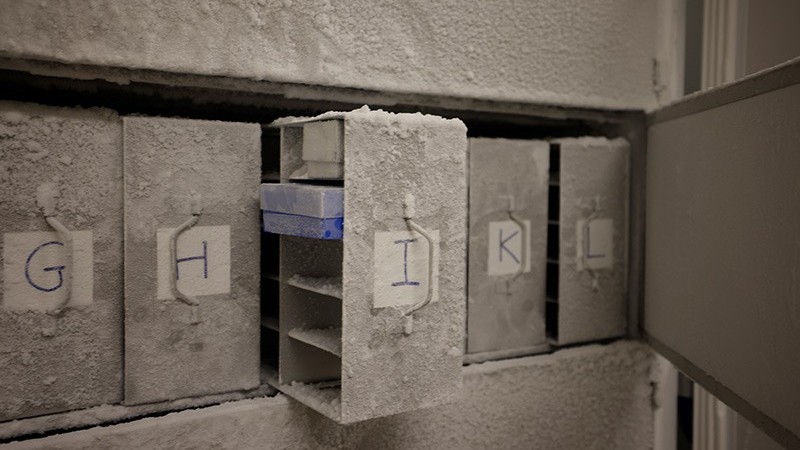
In an ambitious effort to safeguard the microbial diversity crucial for future medical and environmental breakthroughs, scientists are deep-freezing human fecal samples in a “doomsday” vault located at the University of Zurich, Switzerland. The initiative, known as the Microbiota Vault, already houses over 1,000 samples and aims to expand its collection to 10,000 by 2029.
The motivation behind this endeavor, as detailed in a commentary published in the journal Nature Communications, is the preservation of billions of microbes found in human waste. These microbes could be instrumental in addressing future health crises. The vault also contains nearly 200 types of fermented foods, rich in “gut-friendly” microbes, with plans to include environmental microbes to enhance the collection’s diversity.
Preserving Microbial Diversity for Future Generations
The overarching goal is to create a comprehensive backup of microbes from humans, animals, plants, and the environment. This repository could prove invaluable for future research, ecosystem restoration, and the development of new medical treatments. The commentary highlights the alarming connection between microbe loss and the rise in chronic diseases such as allergic, autoimmune, and metabolic disorders.
“Microbe loss is associated with an alarming rise in chronic diseases, such as allergic, autoimmune and metabolic disorders,” the researchers noted. “The loss of microbial diversity extends to environmental ecosystems, jeopardizing agricultural systems and environmental resilience.”
Human activities, including conventional agriculture, climate change-induced permafrost thawing, and antibiotic overuse, are significantly disrupting microbiomes. This disruption underscores the need for preservation efforts like the Microbiota Vault.
The Science Behind the Microbiota Vault
The project began in 2018, drawing inspiration from the Svalbard Global Seed Vault in Norway, which preserves plant genetic diversity. In its initial “launch” phase, the Microbiota Vault focused on testing the feasibility of collecting and exporting fecal and fermented food samples globally. Over seven years, researchers have amassed 1,204 fecal samples and 190 food samples from countries including Benin, Brazil, Ethiopia, Ghana, Laos, Thailand, and Switzerland. These samples are stored at minus 112 degrees Fahrenheit (minus 80 degrees Celsius) at the University of Zurich.
Currently in its “growth” phase, the project seeks to acquire thousands more samples, particularly from endangered ecosystems. Plans are also underway to establish a permanent location for the vault, ideally in a cold climate country like Switzerland or Canada.
Expert Opinions and Future Prospects
Dr. Martin Blaser, director of the Center for Advanced Biotechnology and Medicine at Rutgers University and co-author of the commentary, emphasized the importance of this work. “Human activities are depleting our microbiome, and there’s lots of evidence of that,” he stated. While there is no current proof that reintroducing frozen microbes can restore ecosystems or human health, Blaser remains optimistic about future scientific advancements.
“We believe that one day the science will improve sufficiently so that we will have really good restorative techniques,” Blaser said.
Implications and Looking Ahead
The Microbiota Vault represents a proactive measure to combat the potential loss of microbial diversity, which could have dire consequences for health and the environment. The initiative underscores the scientific community’s commitment to preserving these vital resources for future generations.
As the project progresses, its success could hinge on international collaboration and support. The researchers’ vision is clear: “It is our obligation to future generations to preserve this microbial diversity,” they asserted in their commentary.
Looking ahead, the Microbiota Vault could serve as a model for similar preservation efforts worldwide, ensuring that the microbial building blocks of life are available for future research and innovation.







